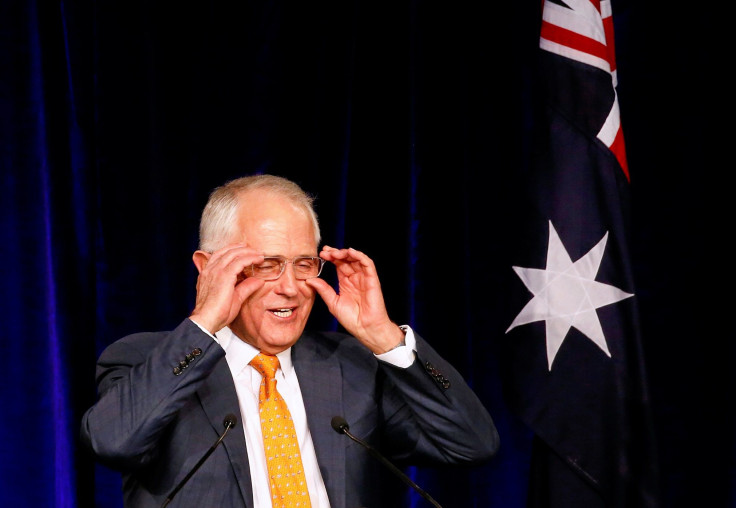Australian Election 2016: Markets ill at ease over pending election results

Australian election has come and gone but the results are still pending, and this has put the market into uncertainty. The Aussie dollar has dipped 0.6 percent in early Monday trade.
The Australian Labor Party is currently leading by a small margin, which means the Liberal/National Coalition could come out on top. Prime Minister Malcolm Turnbull is on the lead, but again, by just a small margin ahead of Opposition Leader Bill Shorten.
Even if Turnbull retains his position, it still wouldn’t be a winning scenario for him. The ABC’s Annabel Crabb notes that Turnbull will not be able to get enough MPs to allow his bills approved.
“There is no chance, even on the most optimistic reading of the vote count, that Malcolm Turnbull will get enough MPs to get the industrial relations bills through a joint sitting of the parliament,” she writes, adding the PM will have to make friends with the winning Labor MPs.
AMP chief economist Shane Oliver is worried Australia will lose its AAA credit rating if Labor forms government. For a party to form a government, it needs to win at least 76 seats out of the 150 seats in the House of Representatives. According to the Australian Electoral Commission, Labor is leading with 69 seats, while Liberal closely follows with 64.
Oliver said Australia’s rating could be lost almost immediately if Labor wins seats because of the party’s strategy for larger deficits over the next four years.
“The ratings agencies would have looked dimly on that, as they want improvement now – they don’t want to look a decade down the track,” he was quoted by The Australian as saying.
The prospect of a hung parliament, on the other hand, also “creates medium term but unspecified risks for business,” according to CMC chief market analyst Ric Spooner. The markets, he predicts, will be concerned by the potential period of policy paralysis on budget and economic reform.
The AUD opened lower on Monday morning, trading at 74.48 US cents at 7 a.m. Election results are not expected to be finalised until a few weeks.





















